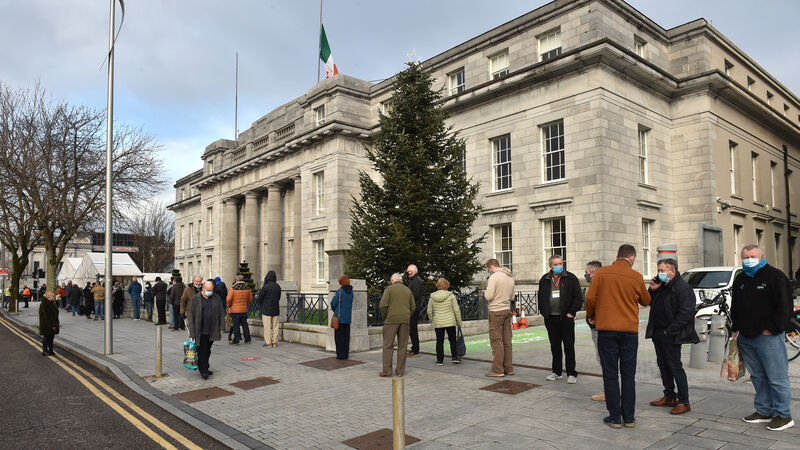Ireland has a 'vulnerable population' as 1m yet to receive Covid booster

The deputy chief medical officer says people who have had an additional dose should be aware it takes a full seven days for the extra protection to take effect. Picture: Dan Linehan
Ireland has a "vulnerable population" facing into Christmas with around one million people yet to get a booster vaccine.
The National Public Health Emergency Team (Nphet) says the Omicron strain is so infectious that if someone tests positive there's a "very strong" chance they've already passed it on to everyone they live with.










